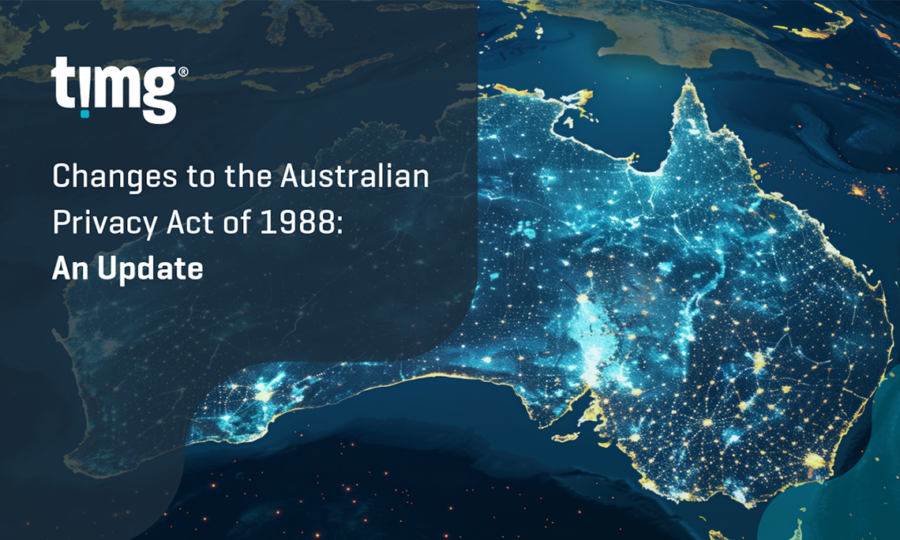Privacy Awareness Week 2025: Why Australian Businesses Must Rethink Retention
Retaining outdated or unnecessary personal information is akin to storing hazardous materials without proper safeguards. Read more . . . .

Privacy Awareness Week 2025: Why Australian Businesses Must Rethink Retention
With data serving as both a valuable resource and a potential liability, Australian organisations must now make deliberate choices about what to retain and what to securely dispose of. As a result, they must carefully assess which data to keep or discard, balancing its value against potential risks. Furthermore, recent amendments to the Privacy Act 1988 have heightened urgency, imposing stricter penalties for mishandling personal data and reinforcing the importance of proactive compliance. Beyond regulatory requirements, Australian businesses must rethink data retention, particularly excessive digital or hardcopy storage, as this poses serious risks to clients, employees, and operations.
The Risks of Excess Data
Holding onto outdated or unnecessary personal information is as risky as storing hazardous materials without safeguards. Every additional record expands the attack surface for cybercriminals, turning data retention into a serious security threat. The OAIC confirms that many data breaches stem from malicious activity, underscoring the dangers of excessive information storage.
The Australian Privacy Principles (APPs) require organisations to actively destroy or de-identify personal data once it no longer serves a lawful purpose. Failing to meet these obligations not only violates compliance rules but also invites reputational damage and financial penalties.
Beyond financial consequences, certain actions now carry criminal liability. Transferring or storing records offshore without authorisation can result in up to two years imprisonment or substantial fines. These strict measures highlight the government’s dedication to protecting personal information while reinforcing the serious risks of non-compliance.
Leveraging Expert Solutions
For organisations aiming to strengthen their data management practices, partnering with experienced providers not only enhances security but also delivers valuable strategic benefits. By ensuring secure storage, governance optimisation, and compliance support, TIMG helps organisations effectively mitigate risk factors.
Our comprehensive services span the entire data lifecycle, from secure storage to compliant disposal, reducing risks tied to excess data. With our expertise, organisations can focus on their core business, confident their data meets the highest compliance and security standards. Managing personal information responsibly is now essential, as retention risks grow. Holding onto unnecessary data increases exposure to security threats and legal consequences, making proactive governance crucial.
Organisations must oversee the data they have, where it is stored, who has access, and when it should be securely disposed of. This prevents breaches, reduces regulatory risks, and strengthens stakeholder trust. Reacting to security incidents is costly, whereas a strategic data management approach ensures long-term protection and compliance. Australian businesses must rethink retention policies now; waiting until after a breach occurs is too late.
Sources: www.oaic.com | www.timg.com
Best Practices for effective Data Management
Effective data management requires a comprehensive understanding of the data lifecycle within an organisation. Key considerations include:
- Data Inventory: Identifying what personal information is held, its purpose, and its storage location.
- Access Controls: Ensuring that only authorised personnel have access to sensitive data.
- Retention Policies: Establishing clear guidelines on how long data should be retained, in compliance with legal and regulatory requirements.
- Staff Training: Educating employees on data protection obligations and best practices to mitigate human error.
| By actively implementing these strategies, organisations not only meet legal requirements but also earn the trust of clients and employees, reinforcing their role as responsible custodians of personal information.

 Your browser is very old. It's so old that this site will not
work properly as it should.
Your browser is very old. It's so old that this site will not
work properly as it should.




